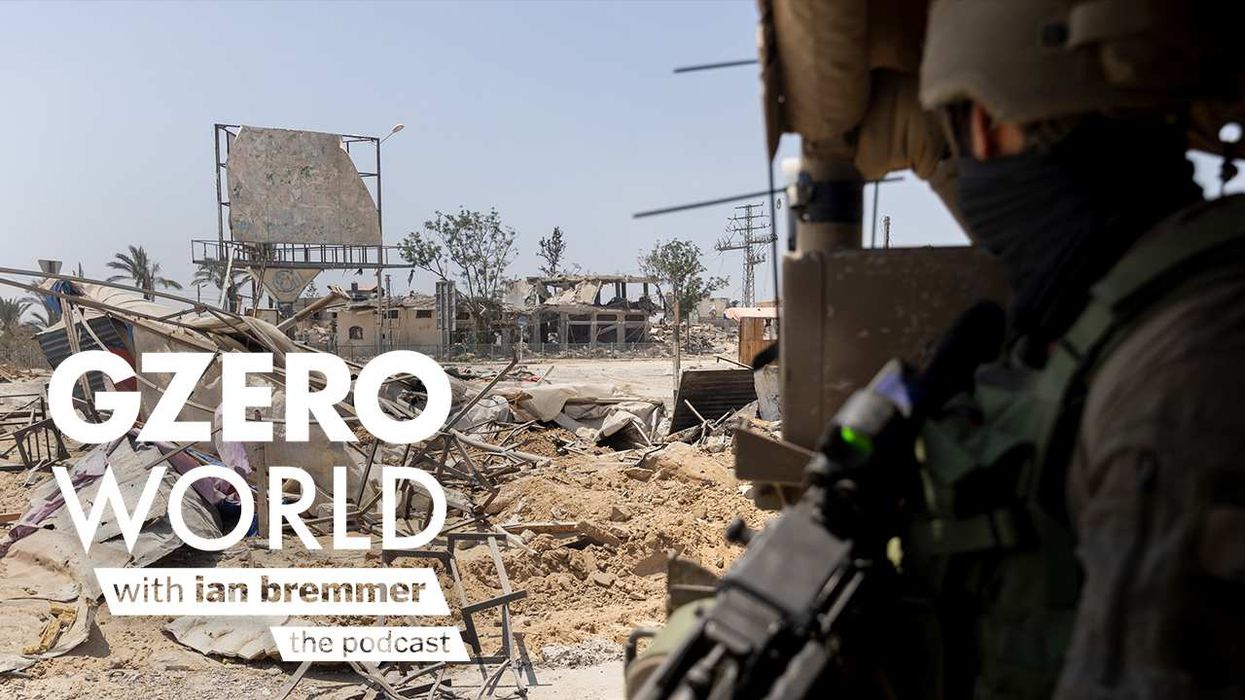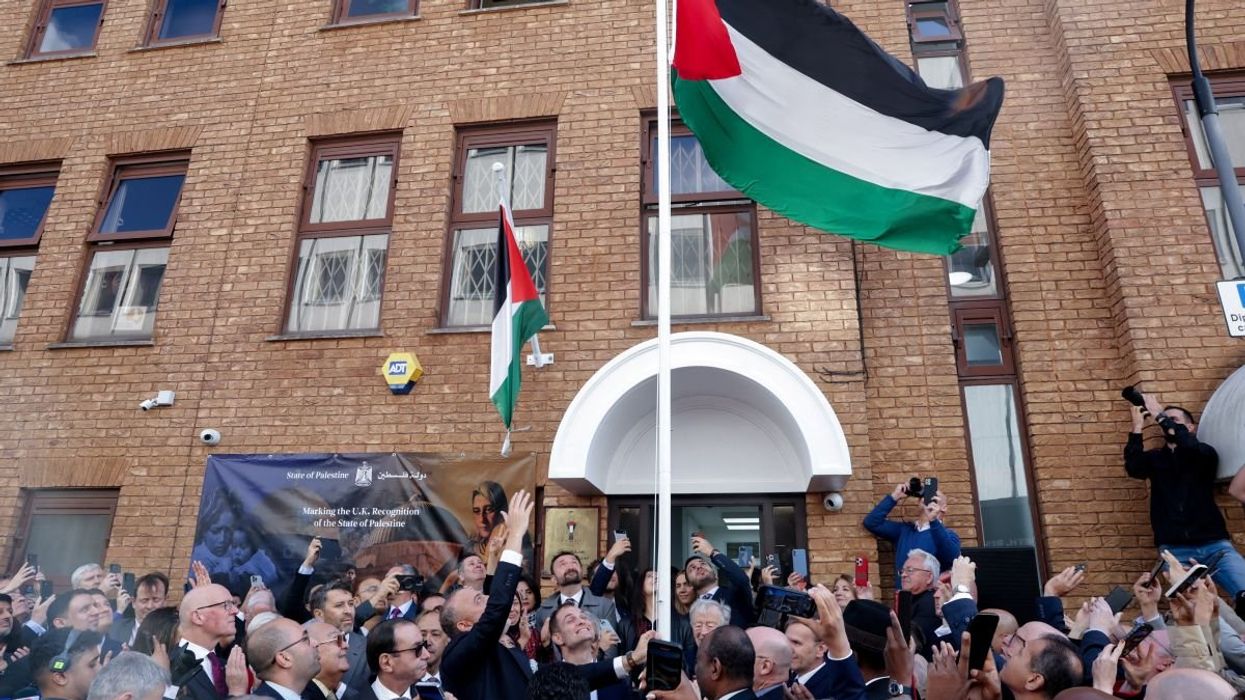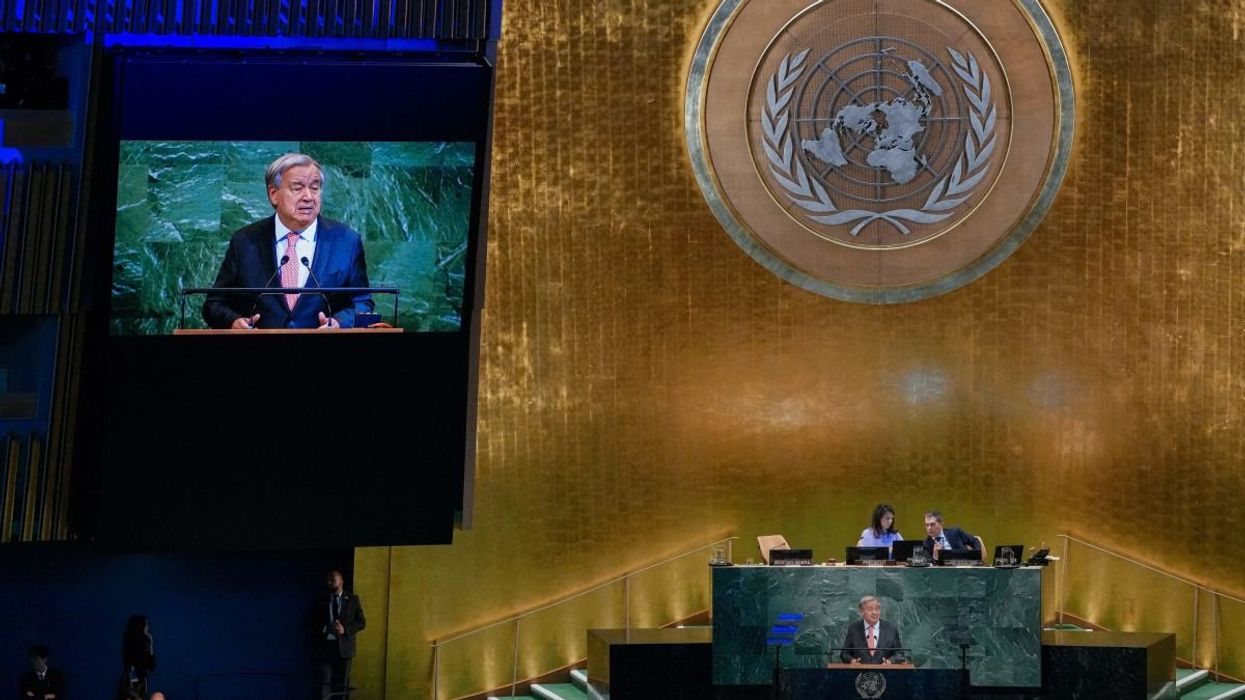GZERO World with Ian Bremmer Podcast
Could Israel's Gaza gamble be paying off?
As Netanyahu returned to the White House to unveil a new peace proposal alongside Trump, Israel faces a paradox: military dominance abroad, growing isolation everywhere else.
Oct 03, 2025



